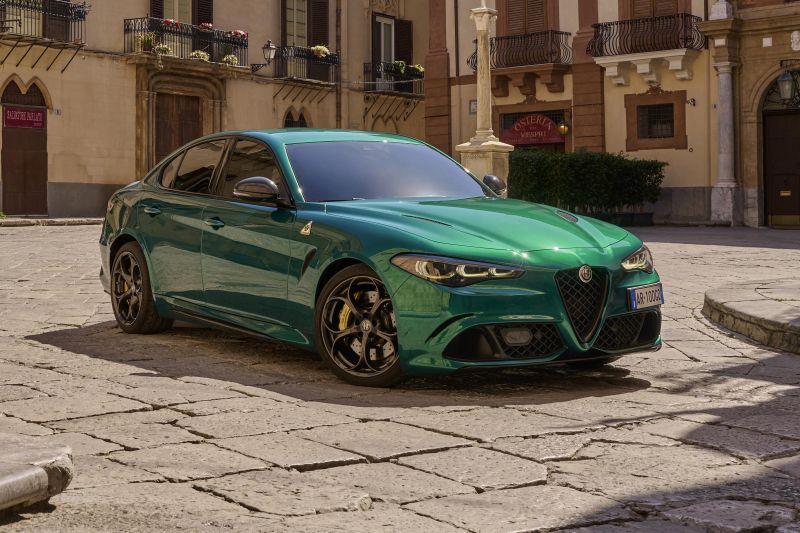Alfa Romeo CEO Jean-Philippe Imparato says improved build quality of its vehicles will help boost the brand’s operating margins this year to the tune of several hundred million euros.
Mr Imparato told Automotive News Europe this improvement in quality has resulted in reduced warranty costs, citing a 50 per cent reduction in claims.
The latest J.D. Power initial quality survey in the US also identified an improvement with Alfa’s vehicles, with problems per 100 units being slashed by 68 to 143 – the second-best improvement after Maserati, and enough to make Alfa Romeo the number one premium brand.
Alfa Romeo has increased its sales by 30 per cent in 2023 in comparison to 2021 and 2022 figures, and is set to sell between 70,000 and 80,000 vehicles globally this year.
60 per cent of those will be of the new Tonale.
As previously reported, Alfa Romeo delayed the launch of its important Tonale to improve its quality.
“I also found that quality was not where it should have been, so I delayed the launch by six months to fix quality before beginning production,” Mr Imparato told Automotive News.
Alfa Romeo’s boss says the Tonale is the company’s best-selling model and “delivers the level of profitability Alfa needs”.
Since taking the reins in January 2021, Mr Imparato increased prices by around €5000 (A$8000) and limited sales to less profitable channels like rental companies, while also reducing dealer self-registrations (which means the dealership picks up the bill if a customer is a no-show).
Mr Imparato also reduced the amount of vehicle options available to order to improve profitability for the brand.
“The first time I went to Cassino, I discovered there where about 4,000 options – including 47 wheel rims – and I cut them to 1,500 to reduce complexity,” he told Automotive News.
Since Alfa Romeo went back into the black in the second half of 2021, “we have been doubling our profitability year after year,” he said.
Alfa Romeo will launch its new entry-level Milano SUV in 2024, which will be its last model to offer combustion power.
All-electric replacements for the current combustion-powered Giulia and Stelvio will reportedly follow in 2025 and 2026, and they will keep their names and continue to be produced in Italy.
The brand will only sell EVs from 2027, the same year it plans to launch a new flagship model.


